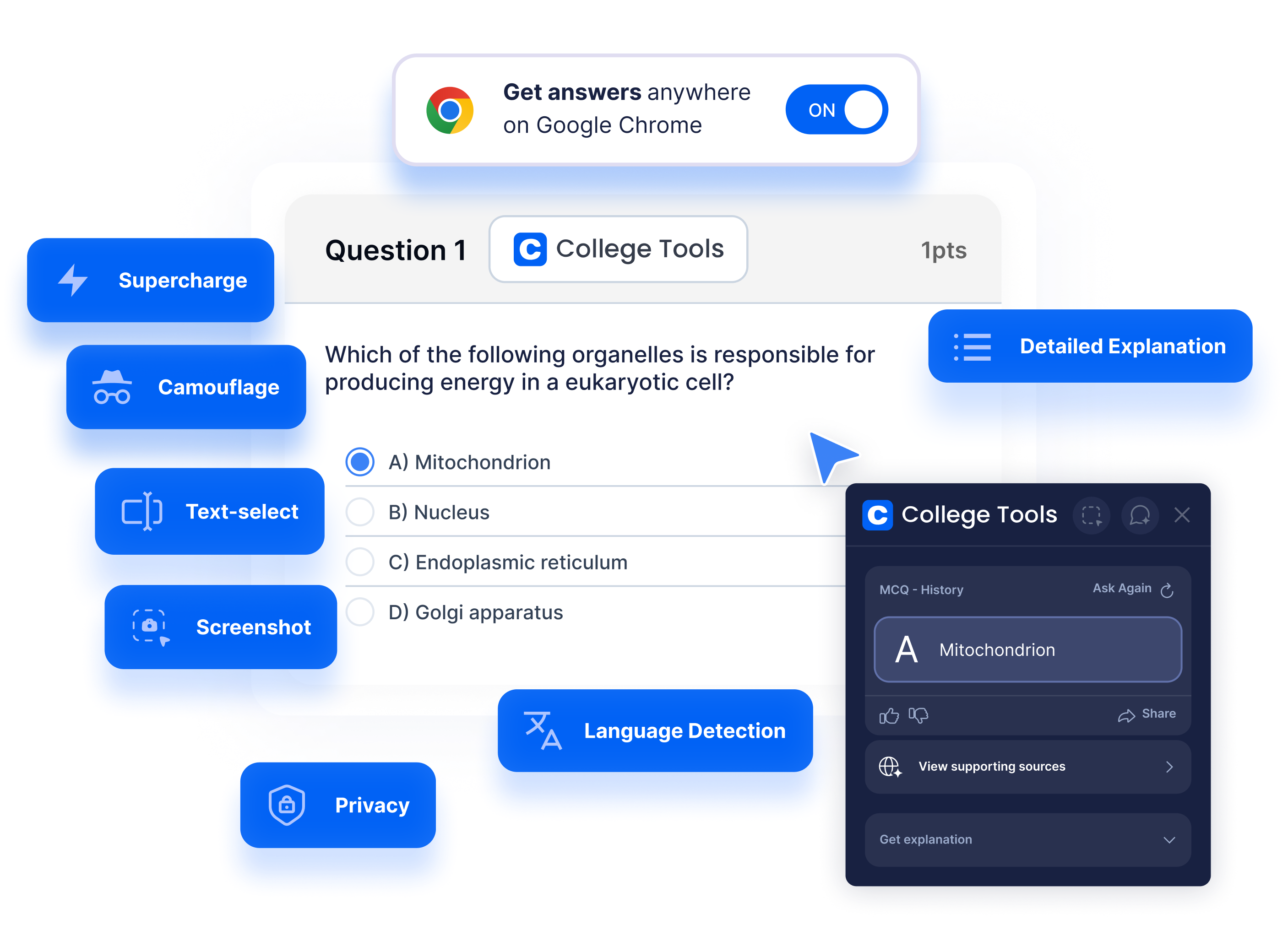Table of contents
Pursuing a career in the natural sciences can be both exciting and daunting. From delving into the earth's deepest secrets to exploring the wonders of living organisms, a science career holds promise for both personal fulfillment and professional achievement. In this Q&A post, we'll uncover the pathway to success in the natural sciences and provide you with career guidance to help navigate this diverse field.
Q1: What possibilities exist for careers in the natural sciences?
Natural sciences encompass a broad range of specialties, including biology, chemistry, physics, geology, and environmental science, each offering unique career opportunities. Whether you aspire to become a research scientist, a consultant in sustainability, a science educator, or a lab technician, there are countless paths to explore. Engage with resources like Science Magazine's Careers section for in-depth insights and job listings.
Q2: How can students and professionals gain a competitive edge in the natural sciences job market?
Understanding the latest trends and technologies in science is crucial for differentiation. Acquiring hands-on experience through internships, volunteering, or shadowing professionals can also be invaluable. Additionally, sharpening job hunting skills via platforms like Indeed provides comprehensive advice on resume building, interview preparation, and job search strategies for aspiring scientists.
Q3: What role does mentorship play in developing a career in the natural sciences?
Mentorship is a cornerstone of career development in this field. Experienced mentors can provide guidance, open doors to networking opportunities, and share invaluable insights into the industry. By connecting with mentors, you can gain clarity on career paths and learn to navigate the professional landscape effectively.
Q4: How can one stay updated with the latest scientific developments and job opportunities?
Subscribing to scientific publications and joining professional organizations are excellent ways to stay informed. Platforms like National Geographic offer a wealth of knowledge on natural sciences. Leveraging online tools and networks can also help you identify job openings and research projects in need of your expertise.
Q5: Are there specific skill sets that employers look for in natural science candidates?
Employers typically seek individuals with strong analytical skills, problem-solving abilities, and technical know-how. It's also important to demonstrate soft skills, such as communication and teamwork, which are critical in collaborative scientific environments. Understanding the features and applications of modern learning tools, such as those available at College Tools, can give you an edge in today's data-driven science fields.
Q6: What advice can you give to someone considering a switch to a career in the natural sciences?
Transitioning to a science career requires careful planning and dedication. Start by assessing your current skill set and identifying any gaps that need filling. Education and training are paramount, so consider relevant courses or degree programs. Engage with the scientific community to build connections and find support throughout your career shift.
Q7: Can you discuss the impact of digitalization on natural sciences careers?
Digitalization has revolutionized the way scientific research is conducted, analyzed, and shared. Embracing digital tools and e-learning platforms can facilitate ongoing education and increase your visibility in the job market. Professionals who adapt to digital trends are often more competitive and successful in securing roles in cutting-edge research and applied sciences.
Q8: What strategies should one adopt for a successful job search in the natural sciences?
Effective job search strategies include tailoring your resume to each role, networking with professionals, attending science-specific career fairs, and maintaining an active online presence on science networking sites. Be proactive in seeking out opportunities and don't hesitate to reach out to potential employers or collaborators directly.
Q9: What are some unexpected challenges one might face in natural science careers, and how can these be overcome?
Natural science careers can be unpredictable, with research sometimes leading to dead ends or projects being subject to funding cuts. Resilience, adaptability, and an openness to pivot are essential qualities for overcoming such challenges. Continuous learning and self-improvement can also help you navigate the dynamic nature of scientific careers.
Q10: How does one balance the passion for science with the practical aspects of building a career?
Balancing passion with practicality involves setting realistic career goals, seeking opportunities that align with your interests and values, and being mindful of job market demands. It's important to cultivate a passion for learning and discovery while also developing the strategic thinking needed to advance professionally.









